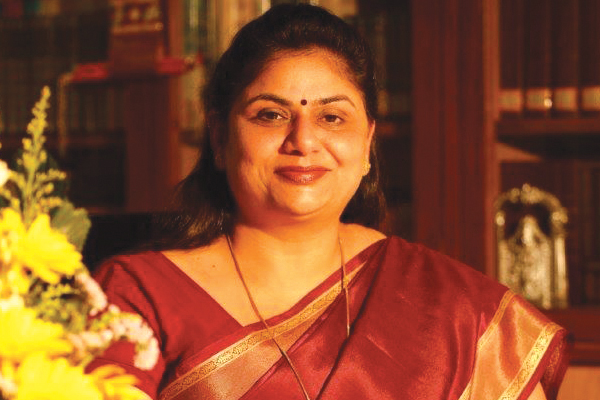
Our notion of education and its purpose needs a significant revision. We must begin by acknowledging the limitations of conventional textbook learning and also revise the way we evaluate students’ abilities, writes Dr Chandrakanta R Pathak, Principal and CEO, HVB Global Academy, Mumbai for Elets News Network (ENN).
We live in an increasingly mercurial, inconstant world thanks to the unmitigated explosion in technology in the last fifteen years. Consider, for instance, how modern smartphones and social media have redefined how we interact with family, friends, relatives and colleagues; how online retail shops such as Amazon and Flipkart have completely altered our shopping preferences and habits; and, on large-scale manufacturing front, production of goods such as furniture, clothing, household appliances, automobiles and even food are being rapidly automated. We now have Artificial Intelligence (AI) algorithms that can compose poems, write stories, trade stocks (High-Frequency Trading) and learn to mimic artistic styles of virtuoso painters such as Van Gogh and Johannes Vermeer in just six hours.
Thus, our way of life has undergone complete revision in the last ten years. This dazzling pace of change is unprecedented in the history of mankind, and so are challenges that follow from it. One such consequent challenge that we currently face is the rate at which knowledge and skills that were once considered useful and employable are being rendered obsolete. As a result, workers with lower-order and conventional skills are becoming increasingly unemployable and are being replaced by machines and AI algorithms at an alarming rate.
Therefore, it is natural that we should feel anxious and ask ourselves—what are we doing to ensure a safe and secure future for our children? Are we equipping them with the tools and skills needed to survive in a world rife with unpredictable challenges? This naturally leads us to question the efficacy of our education system— the institution that has the mandate to train our youth in skills needed to survive and thrive in a technology-driven, inconstant world.
It is not possible to, nor should we try to, check the juggernaut that technological progress is. Instead, we must come to terms with the reality that for our children to understand and successfully address future challenges, their knowledge and skillset must also evolve in step with the change. The fact, however, is that the conventional school curricula have remained stagnant, in relative terms, for more than a decade. Almost all modern challenges are essentially interdisciplinary in nature and, therefore, demand a more holistic and application-oriented approach to education. In contrast, conventional school curricula offer compartmentalized subjects that do not venture beyond the confines of traditional disciplines and are rarely of any practical utility.
Moreover, conventional annual examinations evaluate students on a few narrowly defined metrics that fail to accommodate the many skills and abilities that are useful in today’s increasingly complex world. Important skills such as creative critical thinking, complex problem solving, empathy and human resources management that cannot be automated do not figure into most curricula and assessment methodology.
It is evident from these reflections that our notion of education and its purpose needs a significant revision. We must begin by acknowledging the limitations of conventional textbook learning. We must also revise the way we evaluate students’ abilities. As teachers, we must ensure that training programmes we offer to our students integrate a kaleidoscopic range of subjects consistent with the characteristics of challenges they are likely to face in future. As parents, we need to accept the utility of vast knowledge that lies outside the purview of textbooks and become open to the practical utility of a wide range of skills that are not included in formal curricula. We must also become open to enlisting the help and support of those businessmen, industrialists, engineers and scientists who are at the forefront of change.
It is high time we acknowledge the increasing complexity of the process of modern education and view it as a collaborative effort of parents, teachers and other stakeholders in society to ensure that our students are equipped with best tools needed to thrive in a world replete with unpredictable challenges.






















